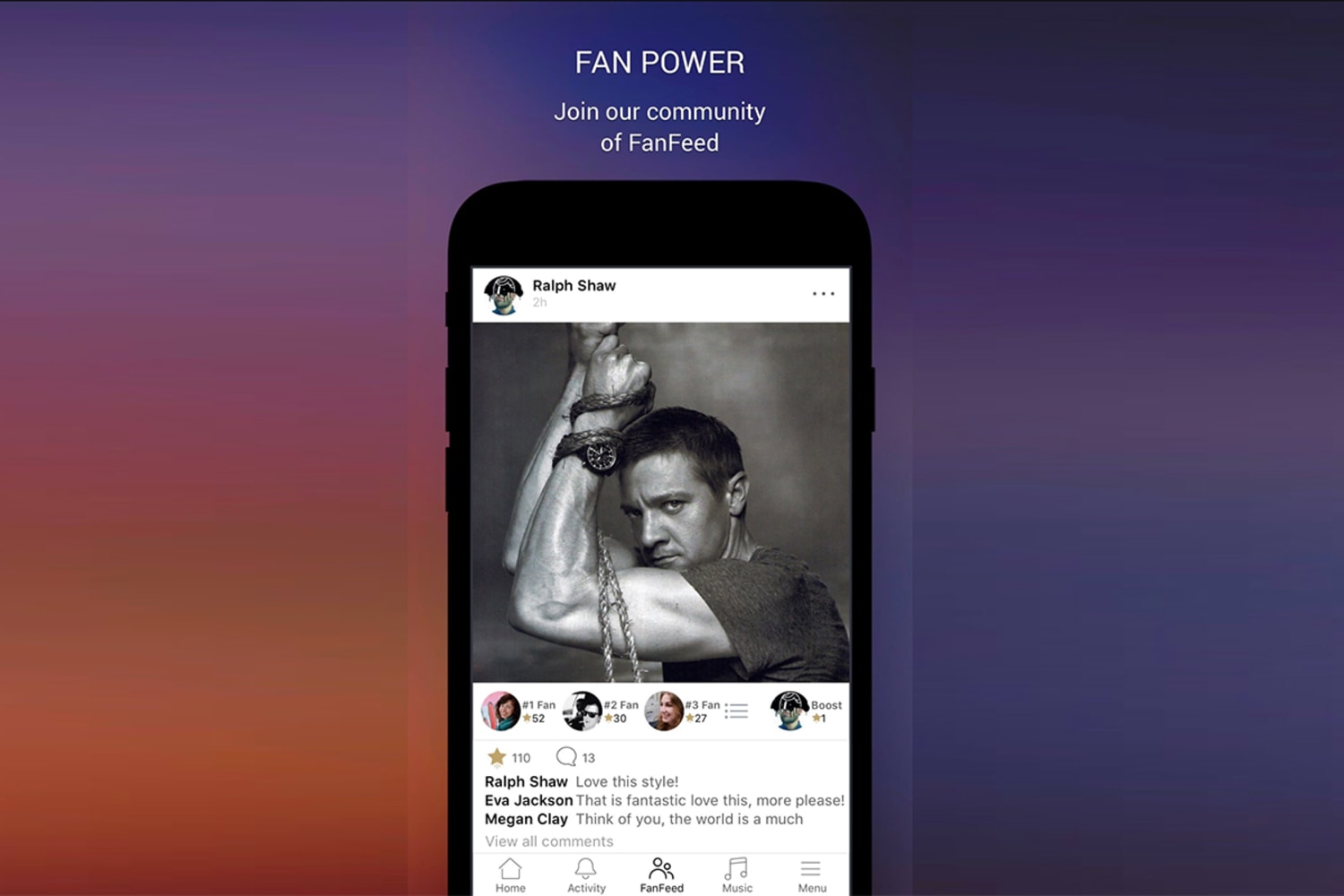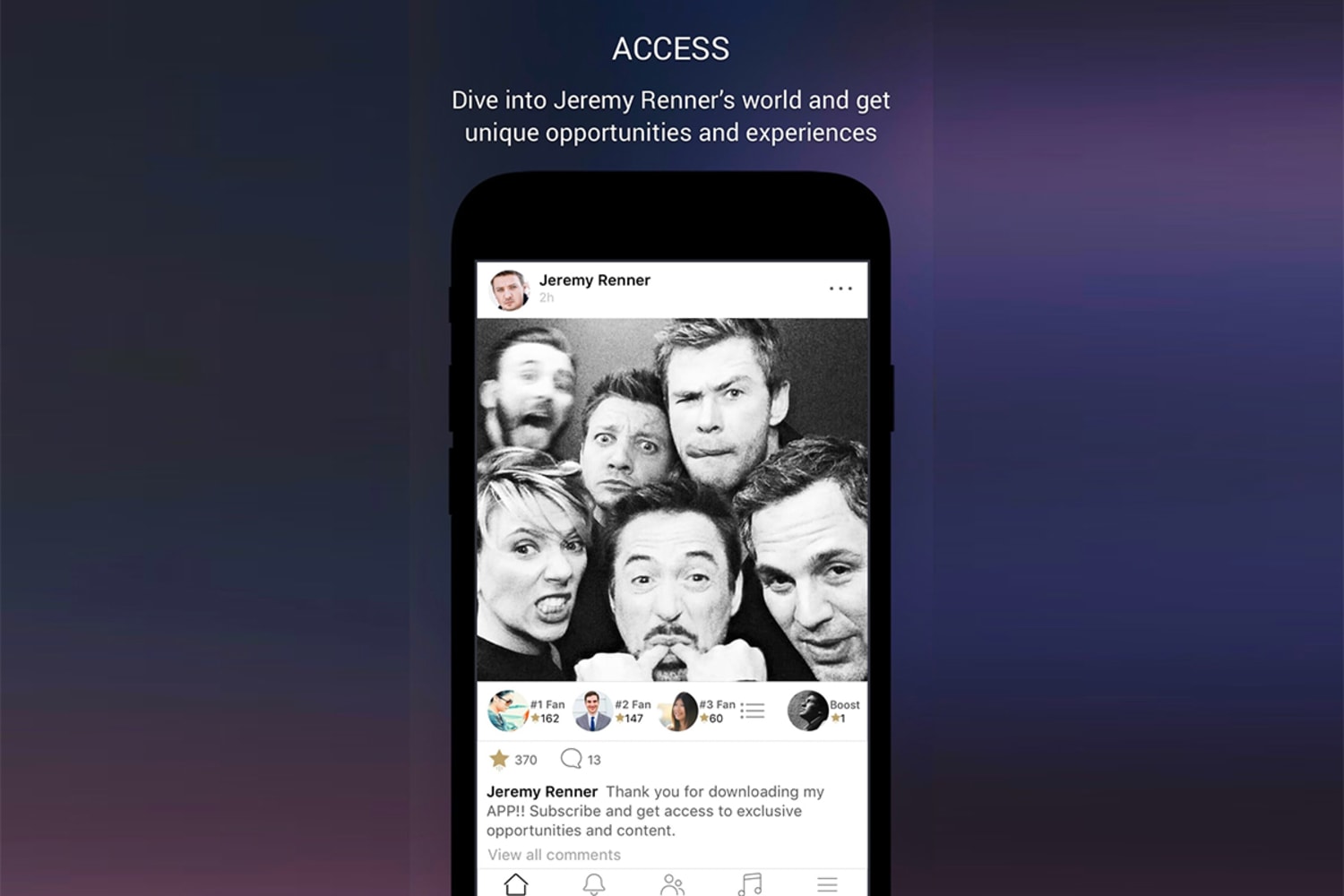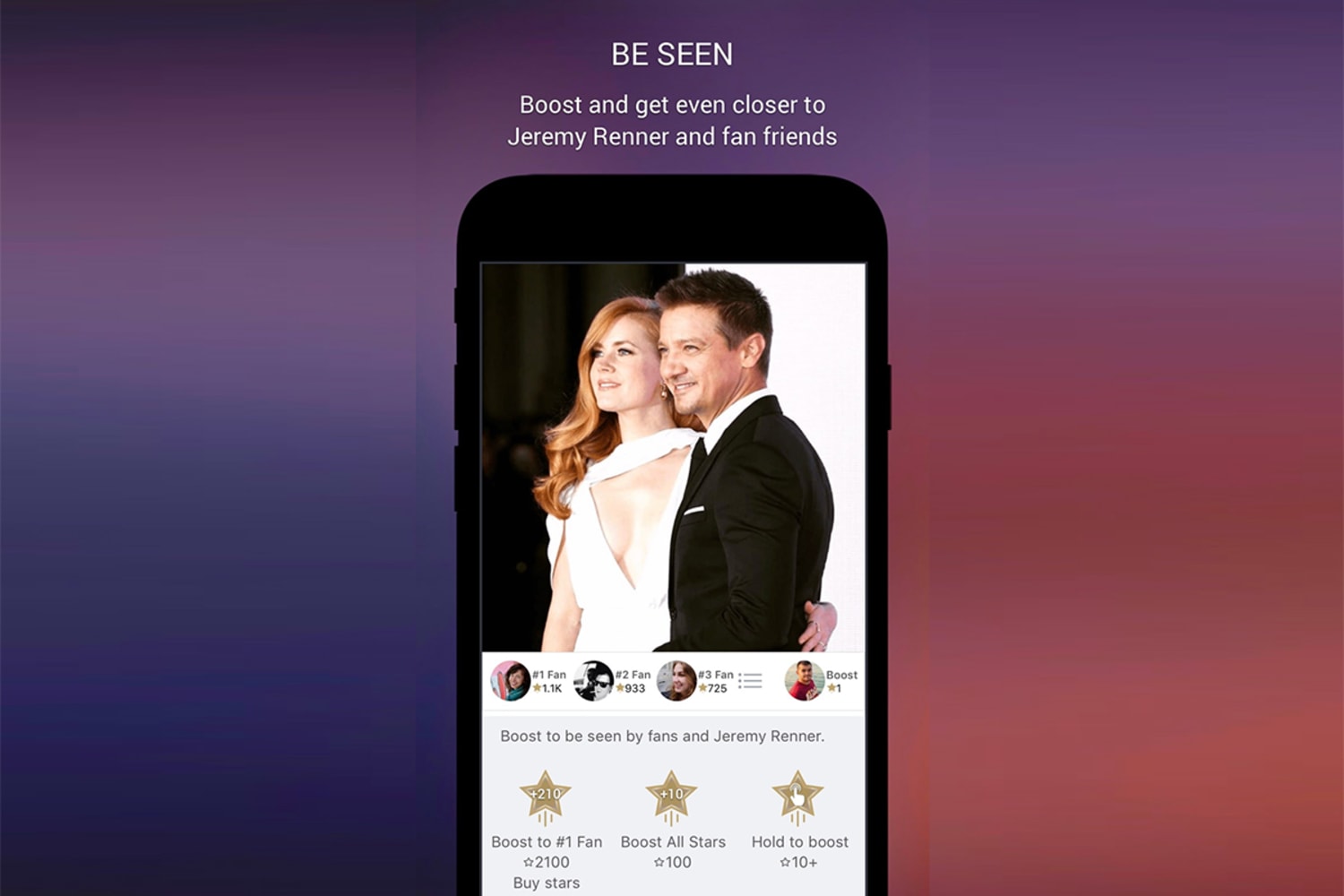2019 is shaping up to reach peak Instagram, as brands and consumers begin to push back on what has become a cynical culture of visually novel experiences designed expressly to inspire sharing; of influencers who buy their followers; and of curated lives that create FOMO and anxiety. In April 2019, Lush UK took a bold step, announcing that they were swearing off social media. Later that month, Instagram began covertly experimenting with a new feature that would hide likes, in response to the toxic validation culture that is plaguing social media.
Escapex is creating a new model for social media that hopes to reverse this backlash and make social media social again. The platform creates personally owned platforms (POPs) for celebrities and influencers in an effort to foster intimate, community-centric spaces for users to connect with their idols and fellow fans.
We caught up with Shamik Talukder, chief business operator at Escapex, about the inspiration behind this new model, the power of superfandom and how Escapex is helping to counteract the culture of inauthenticity that’s plaguing social media.
How does Escapex work?
Escapex is a free app that gives users access to engage with celebrities. But, let’s say you’re going to a concert and it’s free entry, but you’re in the third row and you want to get to the first row. If you want to get in the gate it’s free, but if you want premium access then there’s a fee.
That structure is big. The celebrity or content creator has the ability to do either an open post or a locked post. An open post is available to all the fans and there’s no restriction. A locked post is only available to the subscriber. Most of the celebrities who are with us do a combination of open posts and locked posts. There’s no cost to downloading the app, there’s no cost entering the app, there’s no cost to watch content on the app. There’s only cost for any premium content on the app that the celebrity decides to do.





